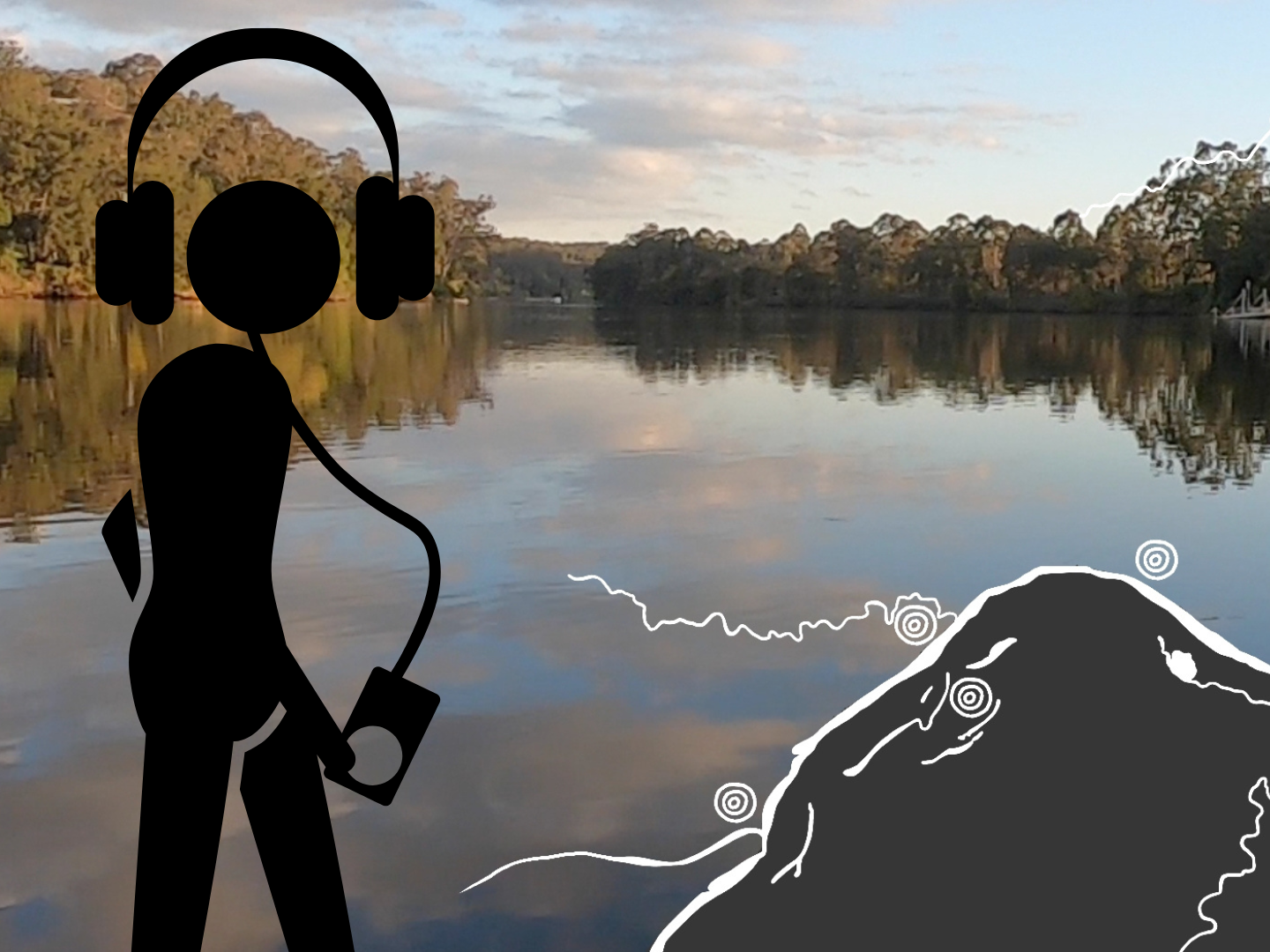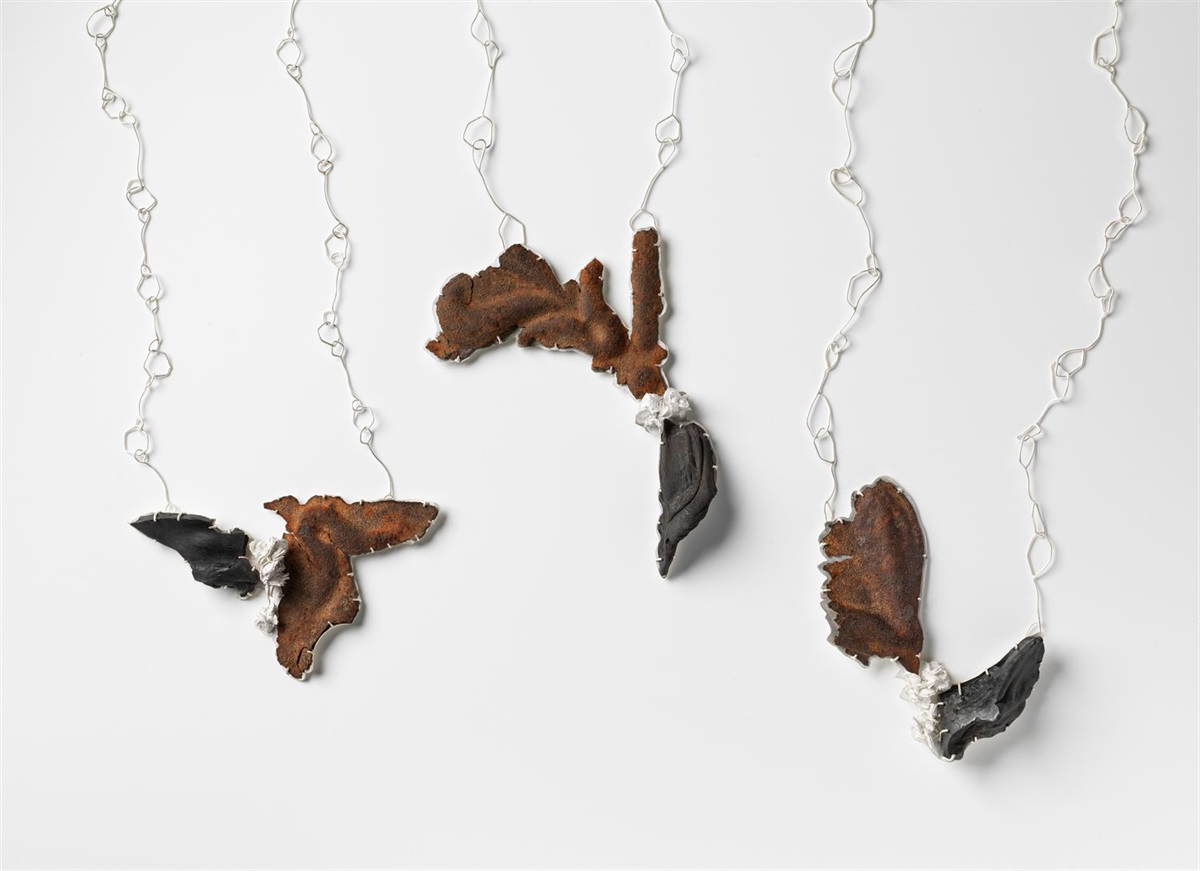Despite the increasing closeness of the Australia-India relationship, witnessed again most recently at the Second Australia-India 2+2 Ministerial Dialogue, there’s a growing recognition in Canberra and Delhi that addressing common challenges in the Indo-Pacific region can be further enhanced through trilateral groupings.
So, it was refreshing to see that idea explored, not in Canberra or Delhi, but in the (until recently) unlikely venue of London.
While trilateral, the inaugural Indo-Pacific conference highlights how close Australia-India relations have become in recent years.
Not only were diplomatic counterparts Australian High Commissioner Stephen Smith and Indian High Commissioner Vikram Doraiswami in lockstep in their remarks and session summaries, but the Australian and Indian delegations greeted each other as old friends.
This familiarity is in part due to the frequency of meetings like the Australia-India Leadership Dialogue, the Raisina Dialogue and so many more common touchpoints through India, Australia and the Indo-Pacific.
The intimacy and comfort of the Australia-India rapport was clearly noticed in London.
For much of the past few decades, the UK’s focus has been on Europe and its approach to our region – the Indo-Pacific – had been conducted through the European Union.
Post-Brexit UK, however, has a decidedly enhanced strategic focus on the Indo-Pacific, a focus in part facilitated by political changes in Britain, but also by changes due to contestation in our region.
The United Kingdom’s self-described “Indo-Pacific Tilt” is better described as a changed strategic posture toward the Indo-Pacific that is welcomed by Australia, India and other like-minded partners in the region.
The UK’s joining of the Comprehensive and Progressive Agreement for the Trans-Pacific Partnership (CPTPP) makes it the second largest economy after Japan to sign on and builds upon the bilateral Australia-UK Free Trade Agreement. And the UK and India continue to make progress in negotiating a bilateral Free Trade Agreement.
The leaders of the United Kingdom and the Republic of Korea recently announced in late November their intention to establish a higher-level strategic partnership and more comprehensive 2+2 joint Foreign and Defence Minister Level meetings.
The UK and Japan have agreed to jointly develop sixth generation fighter aircraft as part of a broader defence cooperation.
For the past several years the Royal Navy has re-established a permanent presence in the Indo-Pacific in its offshore patrol ships.
An in-depth discussion of these and many other developments make it clear that both Australia and India welcome and encourage a greater UK role in the Indo-Pacific region.
The recent conference also highlighted the importance and changing role of the Australian High Commission in London.
The mission of course remains a key to understanding and coordinating Australia’s approach to the conflicts in the Middle East and Ukraine – for example, through our contribution to the training of Ukrainian soldiers in Salisbury Plain.
But it also has an increasingly important role in influencing UK policy and approach toward priorities in the Indo-Pacific. Building a closer security relationship with the UK, a trusted partner with enormous maritime expertise, enables both Australia and India to build ballast on these geopolitical challenges.
The UK’s enhanced Indo-Pacific focus, together with Australia, also plays an important role in encouraging similar strategies from Germany, France and other partners in Europe.
Most substantively, the historic AUKUS Defence Partnership between Australia, the United Kingdom and the United States is first and foremost a shared technology strategy for the security and stability of the Indo-Pacific.
Since AUKUS is ultimately an Indo-Pacific Security agreement, this plays into India’sdeep interest in the stability of the region and in security of the Indian Ocean.
The fact that the next decade of AUKUS activity will largely focus on the new Submarine Rotational Force-West on HMAS Stirling near Perth, Australia’s Indian Ocean capital, only serves to heighten India’s interest.
Similarly, while the UK is not in the Quadrilateral Security Dialogue between Australia, India, Japan and the US, it is keenly aware of and has much to offer the joint efforts in combating climate change, pandemic responses, cyber, AI and the Indo-Pacific Partnership for Maritime Domain Awareness.
If seen as a whole, the interests of Australia, India and the United Kingdom in the Indo-Pacific are increasingly intertwined, offering a range of opportunities to help build strategic stability and maritime security in the region.
The UK’s role in the Indian Ocean Rim Association (IORA) where it currently sits as a dialogue partner is a case in point.
Australia and India are both members of this 23-member state inter-governmental organisation which fosters regional cooperation in the Indian Ocean.
A strengthened IORA with the UK’s input could help build resilience for small island states – tackling the adverse impacts of climate change and the alarming increase in illegal, unregulated and unreported (IUU) fishing.
On top of this, all three nations are of one mind on their view of the Indo-Pacific; that it should be a region where nations have equal access as a right under international law, that allows everyone to share sea and air spaces freely, resolve disputes peacefully, prevent maritime crime, preserve marine ecosystems and prosper through the blue economy.
As leaders in the Indo-Pacific, it is in Australia and India’s interests to go beyond their burgeoning bilateral partnership and develop other trusted partners who can help respond to these shared security challenges.
Encouraging a more proactive and visible UK presence in the Indo-Pacific makes sense, particularly when it carries so much maritime expertise.
What is clear is there is much scope for Australia-India-United Kingdom cooperation that would be warmly welcomed by the Indo-Pacific neighbourhood.
The authors participated in the inaugural Indo-Pacific Conference, co-hosted by the Australian and Indian High Commissions to the United Kingdom (UK) in London in November 2023.








